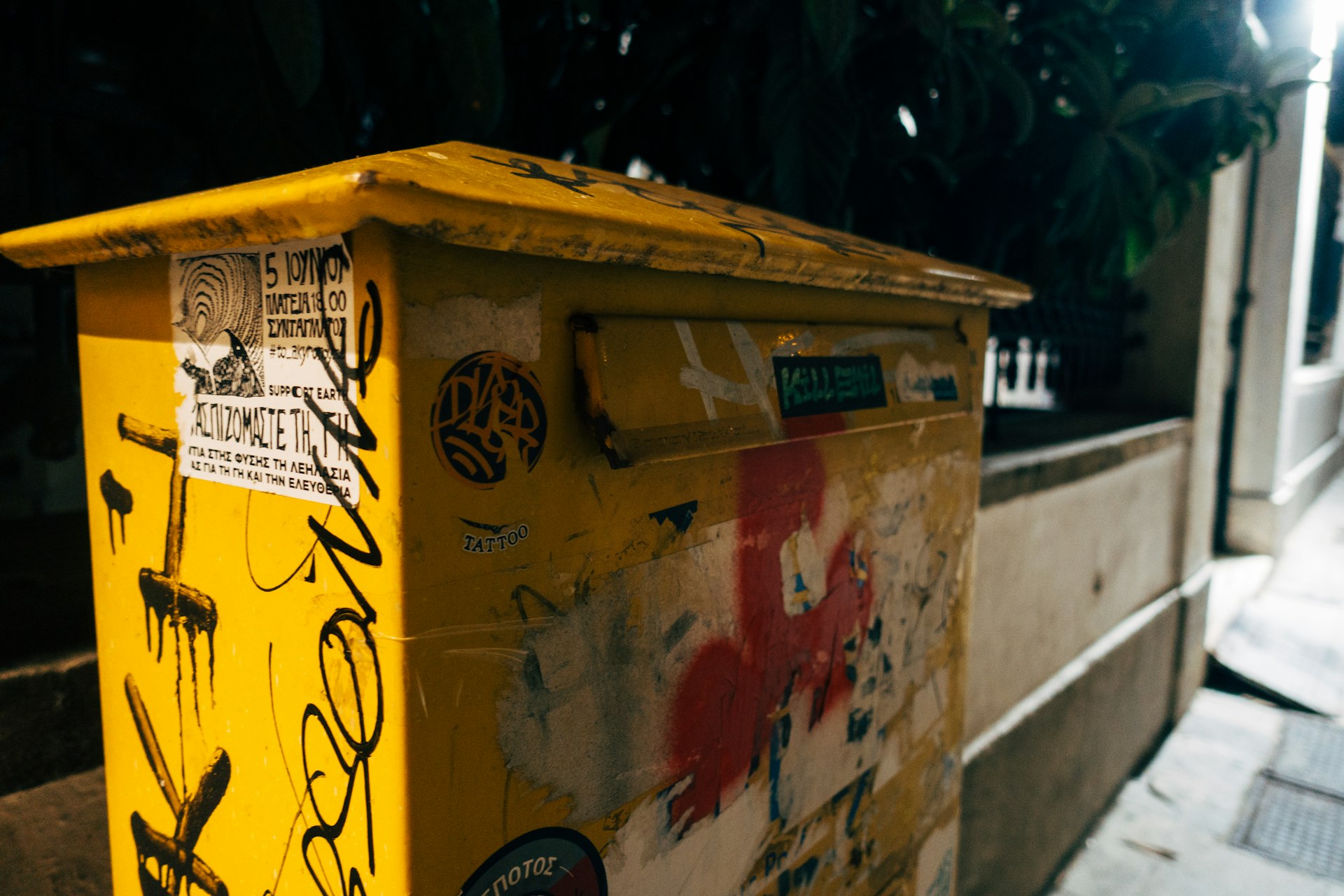Eco-Conscious Travel Gear Essentials: Practical Choices for Sustainable Adventures

Photo by Matthew Moloney on Unsplash
Introduction: Why Eco-Conscious Travel Gear Matters
Travel opens doors to new experiences but can also leave a heavy environmental footprint. From disposable plastics to resource-intensive luggage, every decision adds up. Eco-conscious travel gear essentials offer practical, impactful solutions: they reduce waste, support ethical production, and often enhance your comfort and convenience on the road. This guide explores the most effective, proven gear choices, shares real-world examples, and provides step-by-step guidance for finding and using these essentials on any trip.
Choosing Sustainable Luggage and Bags
Traditional luggage often relies on virgin plastics, synthetic fabrics, and energy-intensive production. Opting for recycled or ethically made luggage can dramatically reduce your environmental impact. Companies like Solgaard and Paravel offer suitcases constructed from upcycled ocean-bound plastics and recycled polycarbonate. EUME World provides stylish cabin bags and duffels crafted from vegan leather and recycled materials, blending innovation with craftsmanship [1] . Alternatively, consider buying high-quality secondhand luggage or supporting local manufacturers who prioritize eco-friendly materials and processes [5] .
For daily essentials, vegan leather handbags -made from plant-based sources like cactus or banana-offer a cruelty-free, lower-impact alternative. Multi-purpose organizers and packing cubes crafted from recycled PET or organic cotton keep your belongings sorted and reduce the need for plastic bags [1] .
To find these products, search for “recycled luggage brands,” “vegan leather travel bags,” and “organic cotton packing cubes” on reputable eco-retailers or directly on manufacturer websites. Always check for third-party certifications or detailed material sourcing information.
Reusable Drinkware and Food Containers
Single-use plastic bottles and coffee cups are among the most common travel waste items. Switching to a stainless steel or glass water bottle is one of the simplest and most impactful eco-swaps. Brands like Klean Kanteen use 95% recycled steel and are certified B Corps, ensuring ethical and environmental standards [3] . Reusable coffee cups and thermoses not only cut down on waste but often keep beverages hot or cold for hours.
For food storage, collapsible lunchboxes and reusable snack bags made from silicone or recycled fabrics are lightweight and easy to pack. They help you avoid single-use containers and make it easier to store leftovers or buy food on the go [4] . You can typically find these products in stores by searching terms like “BPA-free stainless water bottle,” “collapsible silicone lunchbox,” or “reusable snack bag.” When shopping, look for items labeled “dishwasher safe” and “recyclable materials” for added convenience.
Personal Care: Toiletries and Hygiene
Travel-size toiletries generate significant waste, especially as many come in single-use plastics. Solid shampoo, conditioner, and soap bars reduce the need for plastic bottles and last longer. Many brands use compostable packaging and offer formulas free from harsh chemicals. Toothpaste tablets and eco-friendly toothbrushes (such as those made from bamboo or recyclable materials) are compact and minimize waste [5] .
For sun protection, choose reef-safe sunscreen -free from ingredients like oxybenzone and octinoxate, which harm marine life. Look for certifications or ingredient lists before purchasing. For shaving, a reusable steel razor eliminates plastic waste, as only the blade gets replaced. These items are widely available at eco-focused online retailers, natural food stores, or by searching “solid shampoo,” “bamboo toothbrush,” and “reef-safe sunscreen” online.

Photo by Roman Hnydin on Unsplash
Power, Organization, and Technology
Charging devices is critical for modern travelers. A solar-powered charger or sustainable power bank made from recycled materials harnesses renewable energy and reduces reliance on disposable batteries [2] . While some sustainable models may have slightly lower battery capacity, the trade-off is worthwhile for many travelers seeking a lower-impact solution [3] .
Eco-friendly packing cubes and organizers, made from organic cotton or recycled polyester, help you keep your gear sorted and minimize the temptation to use disposable bags [2] . Some tech cases are crafted from vegan leather or upcycled fabric, offering both protection and sustainability. You can locate these by searching “solar travel charger,” “recycled power bank,” or “organic cotton packing cubes” on eco-product marketplaces or directly through trusted brand websites.
Reusable Utensils and Accessories
Plastic cutlery and straws are major contributors to travel waste. A compact kit with reusable cutlery (stainless steel or bamboo), a metal or silicone straw, and a cloth napkin fits easily in your bag and keeps you prepared wherever you dine [4] . Many sets come with carrying cases for easy packing. When shopping, search for “bamboo cutlery travel set” or “reusable straw kit” and verify that the items are dishwasher safe and made from sustainably sourced materials.
For shopping or laundry, lightweight collapsible tote bags made from recycled materials replace single-use plastic bags. Look for bags that are machine washable and compact enough to fit in your pocket or attach to your keychain. Companies like Trek Light Gear produce totes that support plastic pollution initiatives by using 100% recycled fabrics [4] .
Documentation, Journals, and Paper Products
Travel journals, boarding passes, and other paper items can contribute to deforestation and landfill waste. Choose notebooks made from recycled paper or stone paper, which use less water and energy in production. Eco-friendly travel wallets and document holders crafted from vegan leather or recycled fabrics help you stay organized and reduce your ecological impact. Look for “recycled paper journal” or “vegan leather passport holder” when purchasing, and always check for detailed product information to confirm sustainability claims [2] .
How to Source and Evaluate Eco-Conscious Gear
Finding authentic, sustainable travel gear requires a discerning approach. Here’s how to ensure your choices are genuinely eco-friendly:
- Research brands for third-party certifications (B Corp, Fair Trade, 1% for the Planet).
- Review materials lists for recycled, upcycled, or plant-based ingredients.
- Read recent customer reviews to assess durability and performance.
- Search for “sustainable travel gear reviews” on established environmental blogs and publications.
- Whenever possible, buy secondhand or locally sourced gear to further minimize environmental impact.
If you cannot find a specific product locally, many reputable online retailers offer filters for “eco-friendly” or “sustainable” options. When in doubt, contact customer service for clarification on materials and manufacturing practices.
Overcoming Common Challenges
Transitioning to eco-conscious travel gear may require an initial investment of time and money, but it typically pays off in durability and long-term savings. Some travelers worry about performance-such as battery life for solar chargers or sturdiness of recycled materials. Reading reviews and choosing well-established brands can help mitigate these concerns. If a product’s eco-claims seem vague, ask the manufacturer directly or look for third-party verification.
Not all destinations have easy access to safe water for refilling bottles or proper waste disposal. In such cases, consider water purification tablets (choose those with minimal packaging) and always pack out what you bring in. If you lose or damage an item, prioritize replacing it with secondhand or local alternatives when possible.
Summary and Next Steps
Eco-conscious travel gear essentials-ranging from recycled luggage and reusable drinkware to solar chargers and plastic-free toiletries-offer practical ways to reduce your impact without sacrificing comfort. By choosing products with verifiable sustainability credentials, reading reviews, and supporting ethical brands, you contribute to a healthier planet while enjoying smoother, more organized journeys.
To get started, identify which items you use most on your travels, research eco-friendly alternatives using the guidance above, and prioritize purchases based on your needs and budget. For up-to-date product reviews and sourcing guidance, consult trusted environmental blogs or search for “best eco-friendly travel gear 2025.” Remember, every small change adds up-so choose wisely and travel lightly.
References
- [1] EUME World (2024). Sustainable Travel Accessories: Eco-Friendly Choices for Modern Travelers.
- [2] Slow Eco Travel (2024). 37 Best Eco-Friendly Travel Products for 2025.
- [3] Vegan Derlust (2024). 10 Top Sustainable Travel Accessories You’ll Love.
- [4] Terranea Life (2024). 8 Eco-Friendly Travel Products for Sustainable Travelers.
- [5] Follow Alice (2024). Packing List for the Sustainable Traveller.
MORE FROM visa4visit.com













